Sudan
Sudan’s opposition has raised skepticism about the recently signed power sharing deal.
After weeks of protests following the overthrow of long serving leader, Omar al-Bashir, military rulers finally inked the long-awaited deal.
But now, the opposition is raising some questions.
“Still in spite or irrespective of what had happened this morning, we are still open-minded to sit with leaders of FFC (Forces of Freedom and Change) to bring the agreement, whatever agreement they signed this morning back to the drawing table, to develop and improve it and make it acceptable to all Sudanese”, said Gibril Ibrahim, chairperson of Justice and Equality Movement. Gibril Ibrahim, who is also leader of the Sudanese Revolutionary Front, detailed some demands.
“We are not against the agreement in its sense, the purpose, but we are in disagreement with the way it has been done and the content. We were here to develop the content, to make sure that the issues that we consider instrumental, such as issues of peace, marginalization, issues of the vulnerable people in Sudan. FFC (Forces of Freedom and Change) has not yet done so.
The agreement reached on Wednesday between the military and the protesters also provides for the establishment of a “sovereign council”.
It’s a body responsible for managing the transition for a little over three years, first led by the military and then by civilians.
AFP





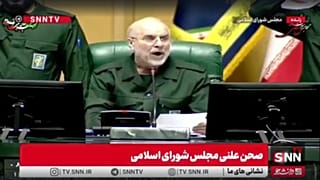
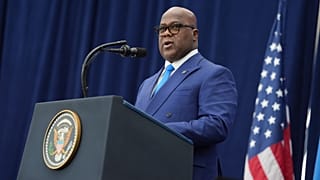
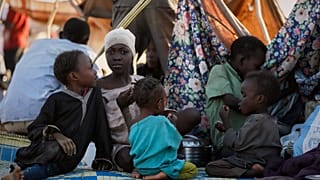


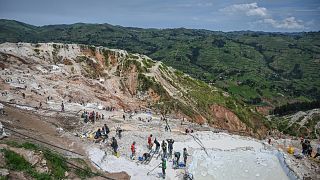
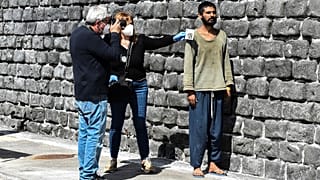
01:01
Tunisian president extends state of emergency for another 11 months
01:08
Guinea Bissau's opposition leader released from jail after months behind bars
01:26
Uganda Army chief apologises to US over Bobi Wine claims
01:13
Nigeria's defense equipment from US to be delivered after five years
01:07
Post-election violence in Uganda leaves 30 dead
01:51
Three years after war damage, Khartoum’s Bahri Hospital reopens amid economic struggles